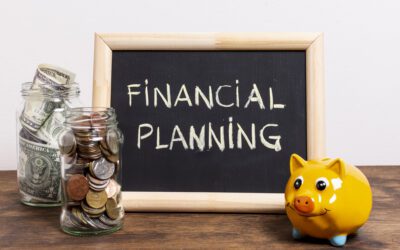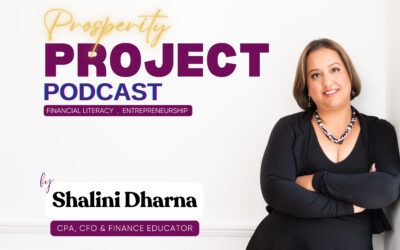Feeling like your money mysteriously disappears each month? You’re not alone. Many people struggle to manage their finances, but the good news is that creating a budget can be your financial game-changer.
A budget isn’t a restrictive punishment; it’s a powerful tool that empowers you to take control of your money, achieve your financial goals, and finally ditch the financial stress.
This comprehensive guide will equip you, regardless of your income level, with the knowledge and tools to create a personalized budget for beginners that works for you.
Why Creating a Budget Matters: Taking Control of Your Finances
Just imagine your finances as a car. Without a clear roadmap (your budget) and a gauge on your fuel level (your income and expenses), you’re likely to get lost or run out of gas (money) unexpectedly.
Here’s why budgeting is crucial:
Empowers Informed Spending: A budget helps you understand where your money goes, allowing you to make informed spending decisions and avoid unnecessary purchases.
Prioritizes Financial Goals: Whether it’s saving for a dream vacation, a down payment on a house, or a secure retirement, a budget helps you allocate funds towards your financial aspirations.
Reduces Financial Stress: Knowing exactly where your money stands eliminates the anxiety of the unknown. Budgeting empowers you to feel confident and in control of your finances.
Promotes Long-Term Financial Health: By managing your spending and saving consistently, a budget sets you on the path towards financial stability and security.
Creating a Budget: A Step-by-Step Guide for Individuals
Now that you understand the power of creating a budget for beginners, let’s dive into the practical steps of creating one.
Understand Your Income and Expenses
The first step in creating a budget is to understand your financial situation. Start by listing all your sources of income, including your salary, side hustles, or any other money you receive regularly. Then, track your expenses for at least a month to see where your money is going.
Include everything from rent or mortgage payments to groceries, bills, entertainment, and discretionary spending.
Differentiate Between Needs and Wants
Once you have a clear picture of your income and expenses, categorize them into needs and wants. Needs are essential expenses like housing, food, utilities, and transportation. Wants are non-essential expenses like dining out, entertainment, and shopping. Differentiating between the two will help you prioritize your spending and identify areas where you can cut back.
Set Clear Goals
Now that you know how much you’re earning and spending, it’s time to set some financial goals. Whether it’s paying off debt, saving for a down payment on a house, or building an emergency fund, having clear objectives will keep you motivated and focused. Make sure your goals are SMART: Specific, Measurable, Achievable, Relevant, and Time-bound.
Creating a Budget
Based on your income, expenses, and goals, create a budget that allocates money to each category. Start by covering your needs, then allocate a portion of your income to your wants and savings goals. Aim to save some of your income….say 20% of your income, but adjust this percentage based on your financial situation and goals.
Track Your Spending
Once you have your budget in place, track your spending regularly to ensure you’re staying on track. There are many tools and apps available that can help you do this effortlessly. Review your budget monthly and make adjustments as needed. If you overspend in one category, try to cut back in another to balance it out.
Be Flexible
Life happens, and your financial situation may change unexpectedly. Be prepared to adjust your budget accordingly. If you receive a windfall, consider putting it towards your savings goals or paying off debt faster. Similarly, if you encounter unexpected expenses, reassess your budget and make the necessary changes to accommodate them.
Build an Emergency Fund
One of the best ways to save money and protect yourself from financial emergencies is to build an emergency fund. Aim to save at least 3 to 6 months’ worth of living expenses in a high-yield savings account. This fund will provide a safety net in case of job loss, medical emergencies, or other unexpected events.
Budgeting Tools & Resources for Individuals
Numerous free and paid budgeting apps can help you track your spending, categorize expenses, and create a budget. Also, use online financial calculators to estimate loan payments, savings goals, and retirement needs.
Lastly, we offer a library of personalized financial courses and free resources created by chartered professional accountant Shalini Dharna. These courrses explain the easiest-to-implement ways to save money and create a budget tailored to your unique financial situation.
Download your financial course today, along with valuable budgeting resources curated by Shalini. Take control of your finances and unlock the best ways to save money easily and effectively!



